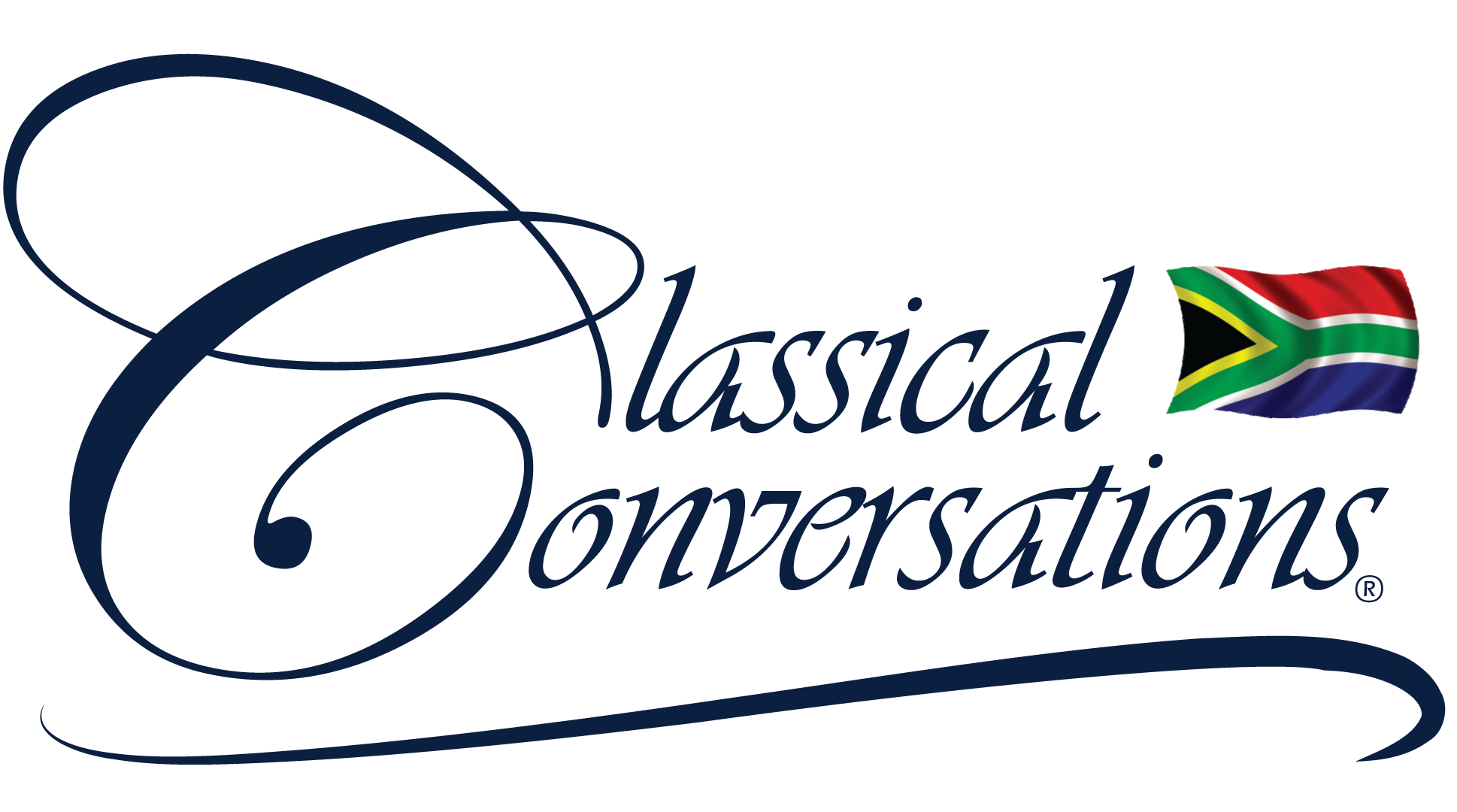To know God and to make Him known
WHAT EARLY CHURCH LEADERS SAID
Alexandria, Egypt, served as a centre of learning in the fourth century BC. Alexandria’s famous library attracted many scholars, so it was a natural location for the best schools. Philo, a Greek Jew living in Alexandria, had already written many works demonstrating the unity of Greek philosophy and Judaism (The Great Tradition, 154). The Church Fathers then pursued similar arguments to link Greek philosophy and Christianity. Clement of Alexandria (c. AD 150–215) continued the conversation by demonstrating that the study of Greek philosophy was profitable for Christians. He described philosophy as a “preparatory science for Christianity” that would lead a person to contemplate wisdom and prepare the heart for the coming of Christ (169). Clement also concluded that philosophy prepared the mind to be precise in reasoning out issues of faith, and thus would help prevent the Christian from being deceived by false teachings.
Origen (c. AD 185–254), educated in both the Scriptures and Greek literature, compared classical, Christian education to the Israelites plundering Egypt before the Exodus. In his analogy, Origen pointed out that the gold and silver of the pagan Egyptians were used to make the holiest vessels used in the Jewish Tabernacle (178). Drawing out the lesson from the comparison, he urged students to use the treasures of the Greek philosophers and poets to build up the sacred faith of Christianity.
Basil the Great (c. AD 329–379), the Bishop of Caesarea, considered the study of the ancient writers, poets, and orators to be preparatory exercises for the in-depth study of Scriptures. He likened thinking to an athlete’s exercises. Basil asserted that culling through the wisdom of the ages—reviewing philosophies and arguments, accepting the true and rejecting the untrue—prepared a Christian to be a firm defender of the faith. In other words, if Christians are to impact the world around them, they must prepare thoroughly for that task.
Saint Jerome (c. AD 347–420), the translator of the Latin Vulgate Bible, was famous for struggling with his love of secular literature. He demonstrated that Paul quoted lines from the Greek poets in order to convince the Greeks of the truth of Christ. With this act, Paul illustrated that “he had learned from the true David to wrench the sword of the enemy out of his hand and with his own blade to cut off the head of the arrogant Goliath” (209). Again and again, these Church Fathers demonstrated how secular learning can appropriately be used in the service of Christ. Jerome’s contemporary, Augustine of Hippo (c. AD 354–430), also received a thorough classical education before converting to Christianity and serving in the Church. In his famous work, Confessions, Augustine claimed that his readings of Cicero turned his heart toward the wisdom of God (220).
How does this affect us today?
The prevalent philosophy of modern education since John Dewey has been to centre a child’s education solely on the material world. This should give us serious pause as Christians. Scripture tells us that we are mind, body, and an eternal soul. Our education should be filled with conversations about humanity and divinity, body and soul, life in this world, and life in the world to come. In a medieval education, the use of tools like dialectic, logic, and philosophy led students through the discovery of these big ideas that have eternal significance. In the twentieth century, Dorothy Sayers called for a return to classical, Christian education in her 1947 speech at Oxford University “The Lost Tools of Learning.” She described how the Trivium studies in medieval schools produced the best thinkers for centuries. She proposed that we cast off modern methods of education and return to these former methods. As we employ these “lost tools of learning,” we hope to strengthen our children in the Christian faith, preparing them to recognize and articulate the Gospel in all areas of life.
